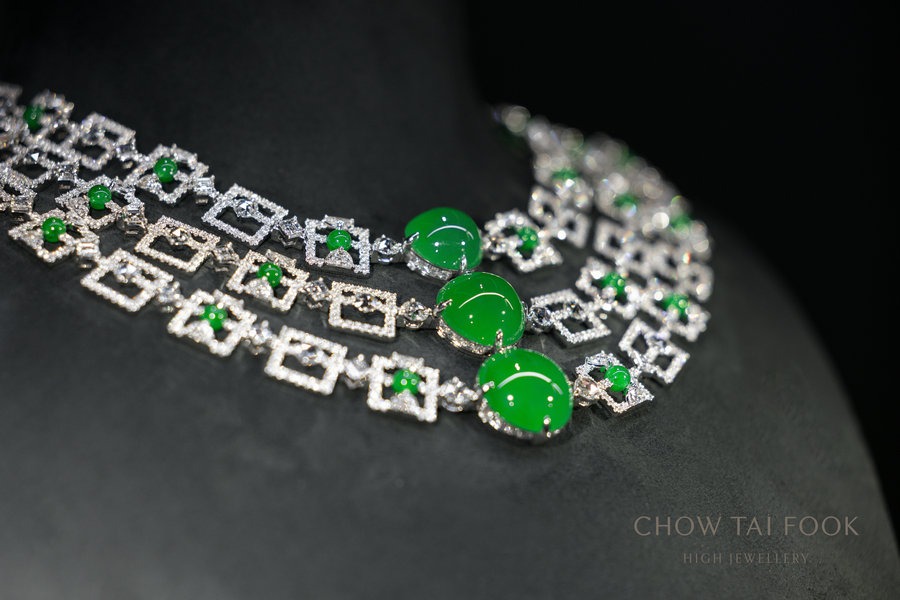Threads of the past run into the future
Dazzling Miao embroidery, rich in history, makes a splash in a fashion capital, Hou Chenchen and Yang Jun report in Guiyang.


Fashionable tradition
In 2021, when President Xi Jinping visited Huawu Village in Guizhou, one thing that caught his attention was exquisite handmade Miao embroidery on garments and ornaments, and villagers explained the crafting process to him.
"What's traditional is also fashionable," Xi said, calling for Miao embroidery to be promoted, thus helping with rural vitalization.
In the same year, Jiao Hongxiu, the sole university graduate in the village of Luomian in Guizhou, returned home brimming with ideas on how to help Miao womenfolk use their embroidery skills to generate income.
Liu Rui, a local official, also directed his efforts to help fuel the cultural and creative industry related to Miao embroidery, striving to attract investment in the sector.
Before switching to market-oriented Miao embroidery production, the women in the village, mostly housewives, lacked formal employment opportunities. Embroidery, often viewed as a time-consuming hobby, was frequently discouraged by their husbands, Liu and Jiao say.
For Jiao, a member of the Miao community, embroidery is an inherent skill among women in the community, with needles and thread an integral part of their world.
"I grew up observing my mother and grandmother embroider tirelessly. While studying aesthetic design at university, designing Miao embroidery was akin to replacing the pen and paper with needle and thread."
With Jiao's help, Miao women in her village now channel their skills into crafting delicate products such as handbags and shoes, which can help add 3,000 yuan to 4,000 yuan ($415 to $553) to each of their monthly incomes.
Meixiang, a secluded Miao village in which more than 130 households have tilled the land for generations, once struggled with poverty. Before poverty alleviation initiatives, average individual income was about 1,000 yuan a year.
In 2015, with the support of the Kaili government and the Soong Ching Ling Foundation, an embroidery rural cooperative was established in Meixiang, helping local women to acquire the skills to promote and innovate their embroidery. At Xiulitao cultural market in Kaili alone the women can get free access to embroidery booths.
Since the project began in 2015, the total value of orders the cooperative has attracted is 1 million yuan. For Meixiang, poverty is now but a memory, with average individual income now exceeding 10,000 yuan.
Other than improved incomes, the local women also enjoy better status in their families and communities, with their husbands encouraging and supporting their ethnic embroidery work, Liu says.




































